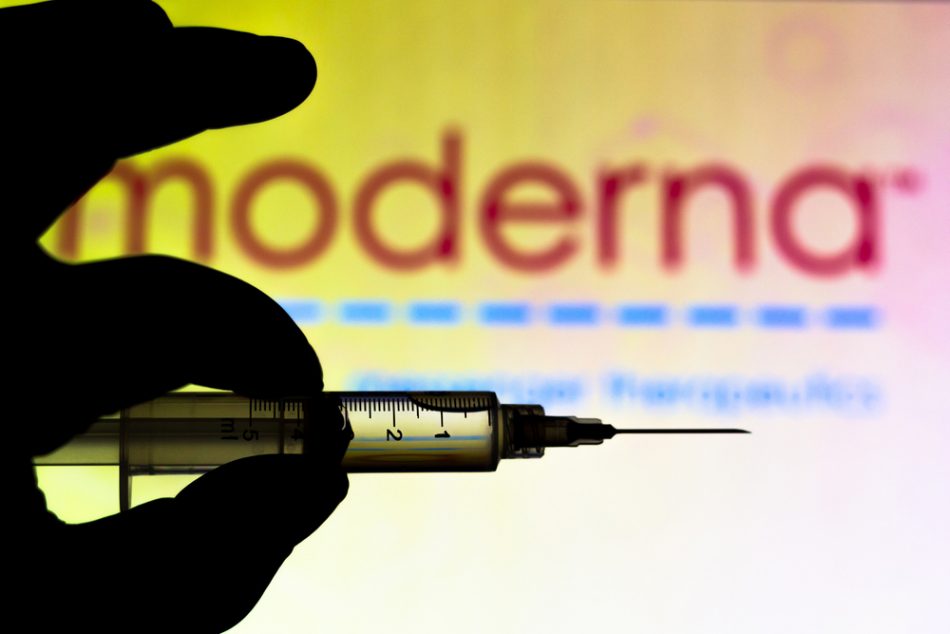mRNA vaccine technology provided a breakthrough in the search for a covid-19 vaccine, and researchers are hopeful it could offer a solution for treating other diseases as well. Pharmaceutical company Moderna has announced plans to use this mRNA technique to attempt to create the first vaccine for HIV.
Traditional vaccines introduce a small amount of a pathogen to prompt the body to create antibodies to fight a virus should it ever reach the body in an infectious amount. An mRNA vaccine works a little differently. Rather than introducing a pathogen, it delivers a bit of genetic code to create the part of a pathogen that triggers antibody creation. Now that the technique has been developed, it can be replicated for different genetic codes for different diseases. Thanks to advanced sequencing technology, these codes are easier than ever to obtain and mobilize.
Historically, an HIV vaccine has been difficult to produce because of how fast the virus mutates, but Moderna believes an mRNA vaccine could finally find some prevention efficacy. The company has partnered with the International AIDS Vaccine Initiative, the Bill and Melinda Gates Foundation, and the National Institutes of Health (NIH) to develop two potential vaccine prototypes to protect against multiple strains of HIV. Clinical trials are expected to begin in 2021.
HIV infected 1.7 million people in 2019 and killed an estimated 700,000 people. Although scientists anticipate the road to an HIV vaccine will be even more complex than the one to covid-19 protection, an mRNA vaccine holds the potential to save thousands of lives and find a solution for another one of the world’s most devastating diseases.












